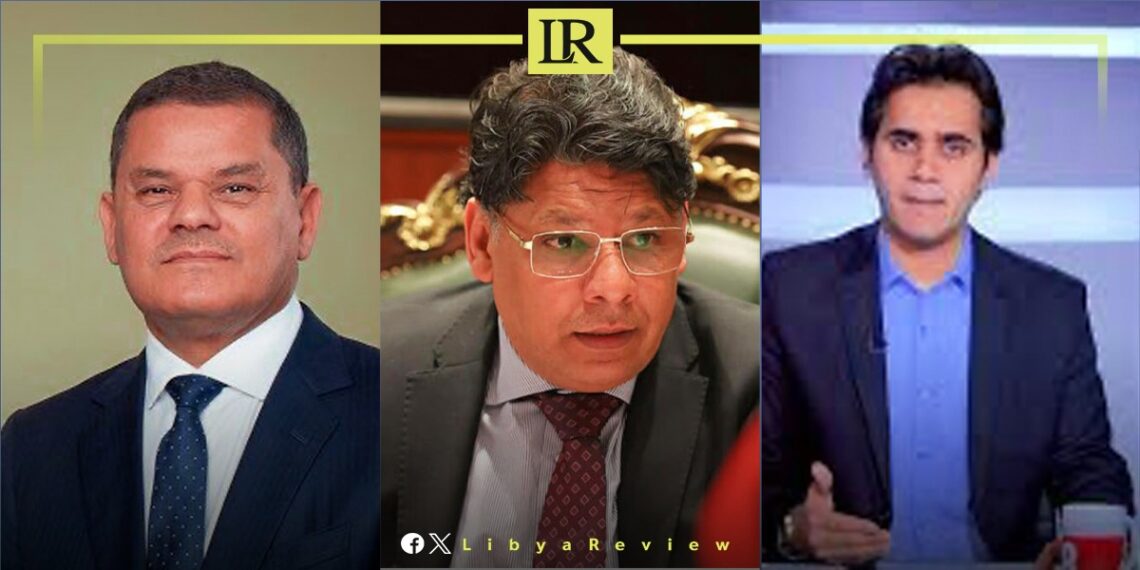The Libyan judiciary is engulfed in a storm of controversy following accusations of corruption and bribery. The allegations, levied by Libyan journalist Khalil Al-Hasi against Attorney General Al-Siddiq Al-Sour, have sparked outrage and demands for a swift and transparent investigation.
Al-Hasi accused Al-Sour of various transgressions, including cancelling a “red notice” against Ali Dbaiba, a relative of Prime Minister Abdelhamid Dbaiba, and his brother-in-law.
Additionally, Al-Sour was accused of revoking extradition requests made by the late former Attorney General Abdel Qader Redwan against Ali Dbaiba and his son Ibrahim in the UK.
These accusations have shaken the political and social landscape of Libya, prompting a response from the Attorney General’s office. Ali Dbaiba, previously a prominent figure in Muammar Gaddafi’s regime, and his son Ibrahim have faced international legal scrutiny, with Interpol issuing a red notice against Ali for alleged embezzlement and money laundering.
The Libyan Association for Judicial Bodies’ Members held an emergency meeting to address what it deemed as defamation of the judicial institution. It called for an urgent investigation to either refute or substantiate the allegations made by Al-Hasi, stressing the importance of upholding the integrity of the judiciary and holding those responsible for defamation accountable.
Despite the swift denial of the accusations by the Attorney General’s office, questions linger about the veracity of the claims and the integrity of the judiciary. Legal experts in Libya have called for an impartial investigation to ascertain the truth, suggesting the involvement of a neutral body such as a UN mission or a specialised committee.
The controversy surrounding the allegations has divided public opinion in Libya, with some supporting the Attorney General while others demand a thorough investigation. The outcome of this saga remains uncertain as Libya grapples with the implications of the accusations on its judicial system and the pursuit of justice.
Al-Hasi’s accusations didn’t stop with the Dbaiba family. He also mentioned relationships between the Attorney General and Abdel Ghani Al-Kikli, known as “Ghniwa,” one of the most influential militia leaders in Tripoli and head of the “Stability Support Apparatus” established by the former Presidential Council.
He accused the Attorney General’s office of involvement in the case of Abdurrahim Al-Fetouri, twice sentenced to life imprisonment, describing him as “Africa’s Pablo Escobar.”


